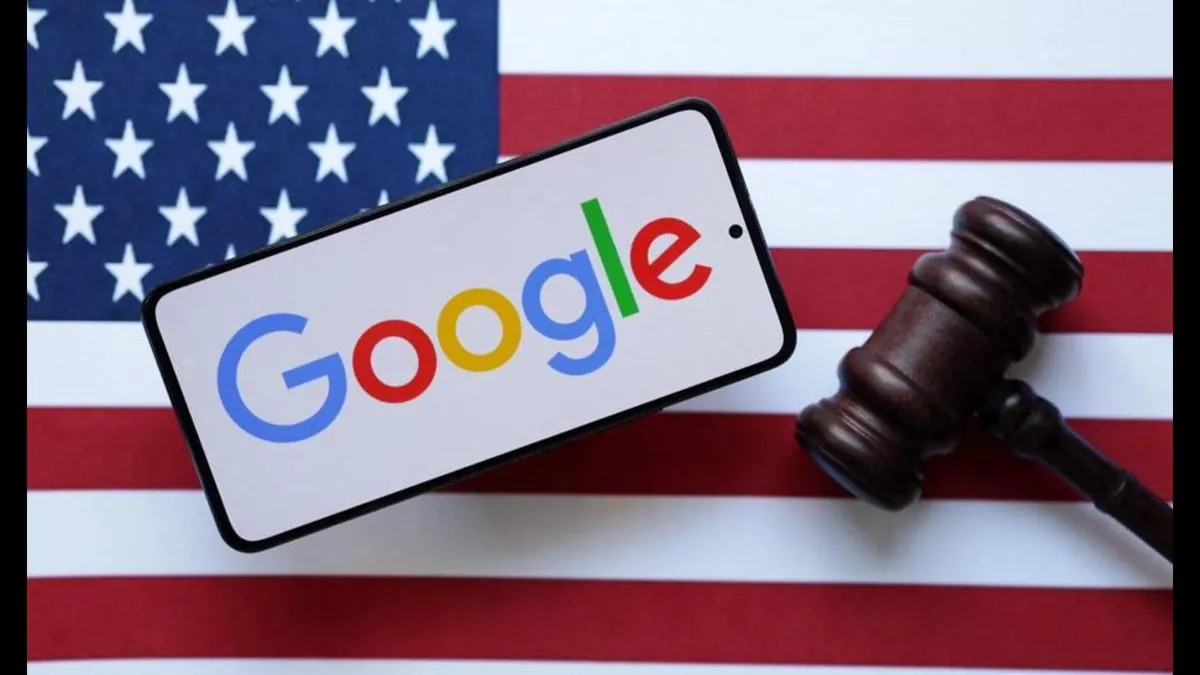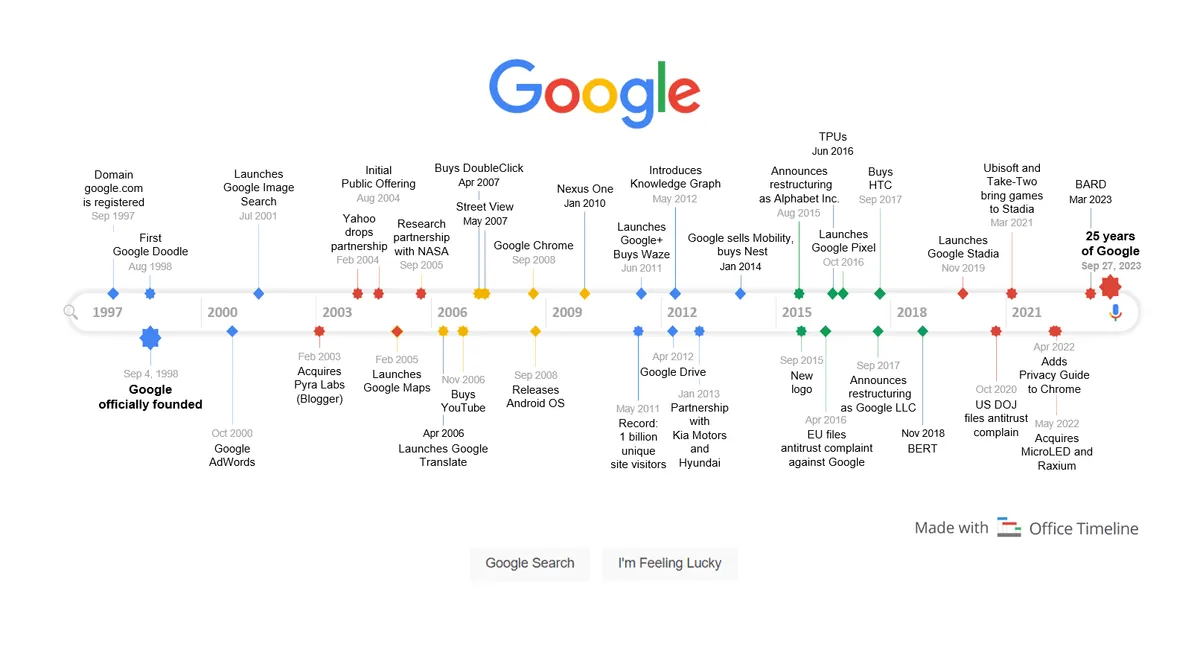Judge Sets Timeline for Google Monopoly Case Remedies Decision
A federal judge plans to decide on consequences for Google's illegal search monopoly by August 2025. Potential remedies range from targeted actions to breaking up the tech giant.

In a significant development for the tech industry, a federal judge has outlined a timeline for determining the consequences of Google's illegal search engine monopoly. This decision comes after the judge previously ruled that the tech giant had violated antitrust laws through its business practices over the past decade.
Judge Amit P. Mehta of the U.S. District Court for the District of Columbia has set a schedule for the second phase of the Justice Department's monopoly trial against Google's search business. This case, filed in 2020 under the Trump administration and pursued by the Biden administration, marks the first major antitrust action against a tech company in decades.

The judge plans to hold an evidentiary hearing in March or April 2025, with a final decision expected by early August 2025. This timeline pushes the resolution past the 2024 U.S. presidential election, potentially adding political complexity to the case.
The Justice Department is taking a collaborative approach to formulating potential remedies. David Dahlquist, an acting deputy director in the antitrust division, stated that prosecutors intend to consult with industry stakeholders before drafting their proposal. This strategy aims to gather diverse perspectives on restoring competition in the search engine market.
Google's lead litigator, John Schmidtlein, expressed concern about the potential impact of remedies on the company's emerging AI business. The tech giant has recently begun integrating AI technologies into its search engine, highlighting the rapidly evolving nature of the industry.
"We need to know what the actual proposal is as soon as possible. The devil really is in the details here."
The range of potential remedies is broad, spanning from targeted actions to the possibility of breaking up one of America's largest companies. Colorado Attorney General Phil Weiser, leading a group of states that joined the lawsuit, mentioned that options under consideration include prohibiting Google from paying device manufacturers to pre-install its search engine.
It's worth noting that Google's search engine market share has consistently exceeded 90% since 2010, processing over 3.5 billion searches daily. This dominance has allowed the company to funnel business to its advertising platform and other services, contributing to its significant market power.
The case against Google is reminiscent of past antitrust actions against tech giants. In 1969, the United States filed its first major antitrust case against a tech company, IBM. More recently, the Justice Department pursued action against Microsoft, which was ultimately dropped in 2001 following a change in administration.
As the legal proceedings unfold, Google faces additional antitrust challenges globally. The European Union has already fined the company over €8 billion for various antitrust violations, and a recently filed lawsuit by online reviews company Yelp adds to the mounting pressure.
The outcome of this case could have far-reaching implications for the tech industry and the future of online search. As Google continues to invest heavily in artificial intelligence, including its DeepMind subsidiary, the intersection of antitrust law and emerging technologies remains a critical area of focus for regulators and industry observers alike.


































